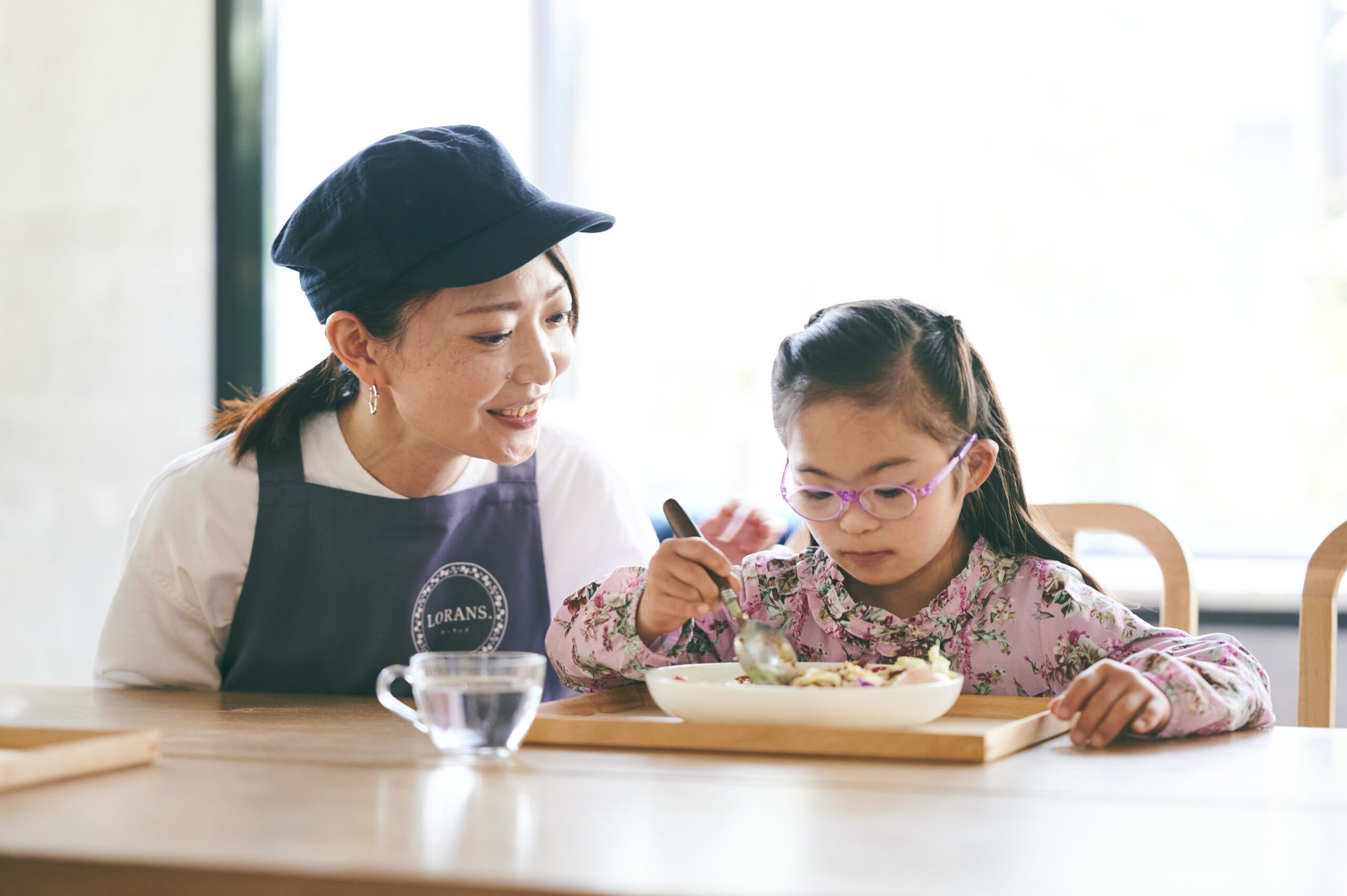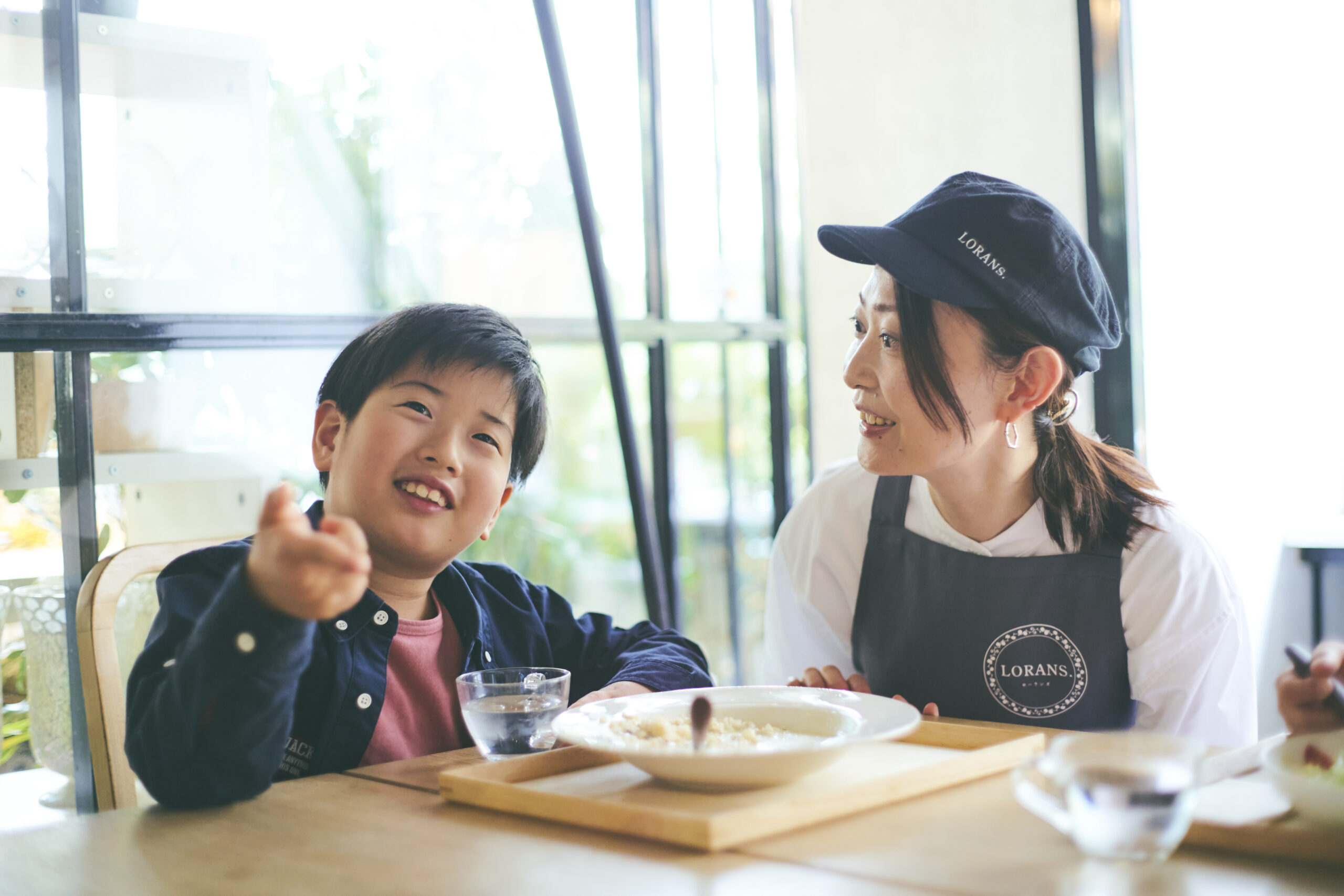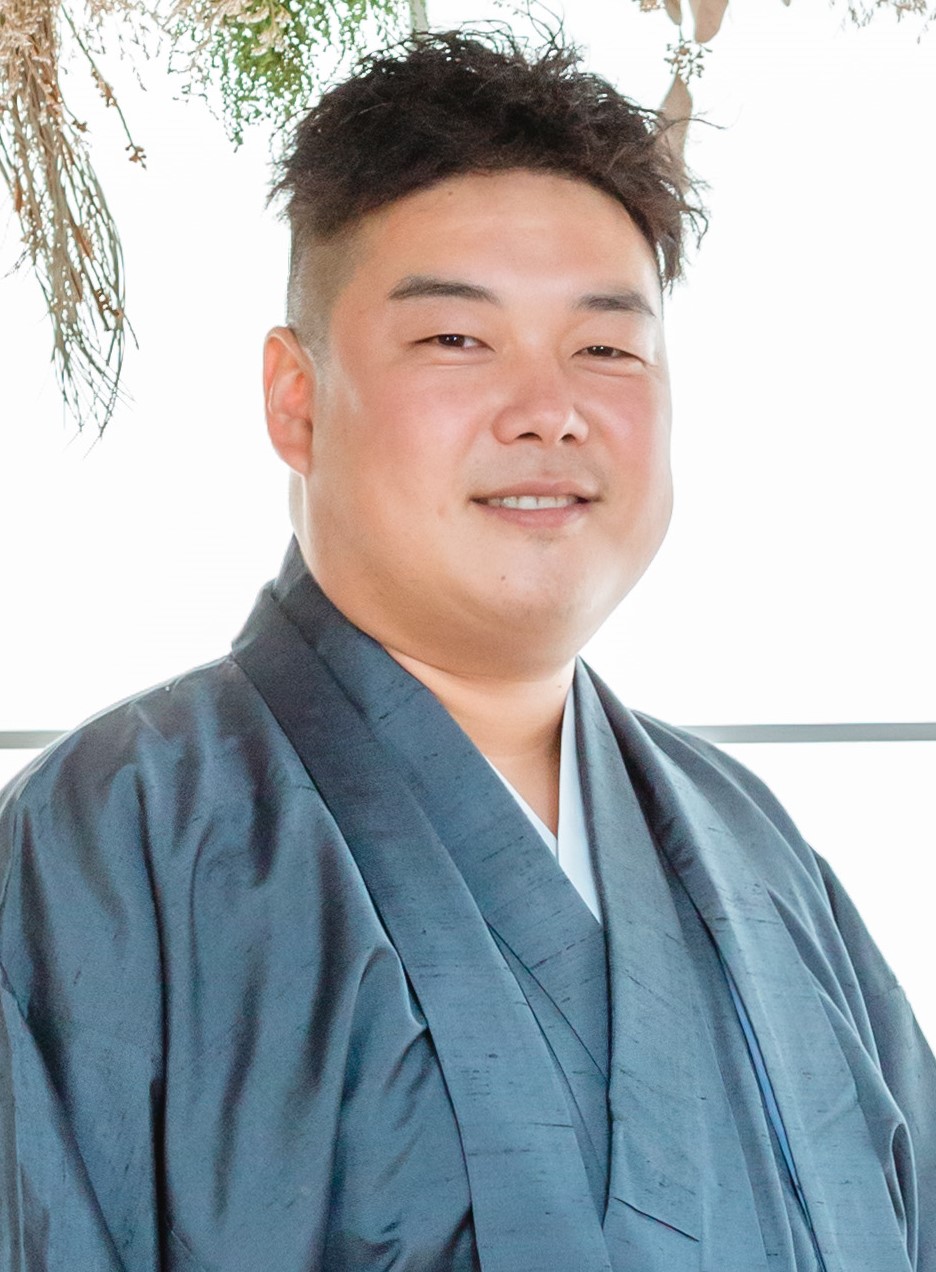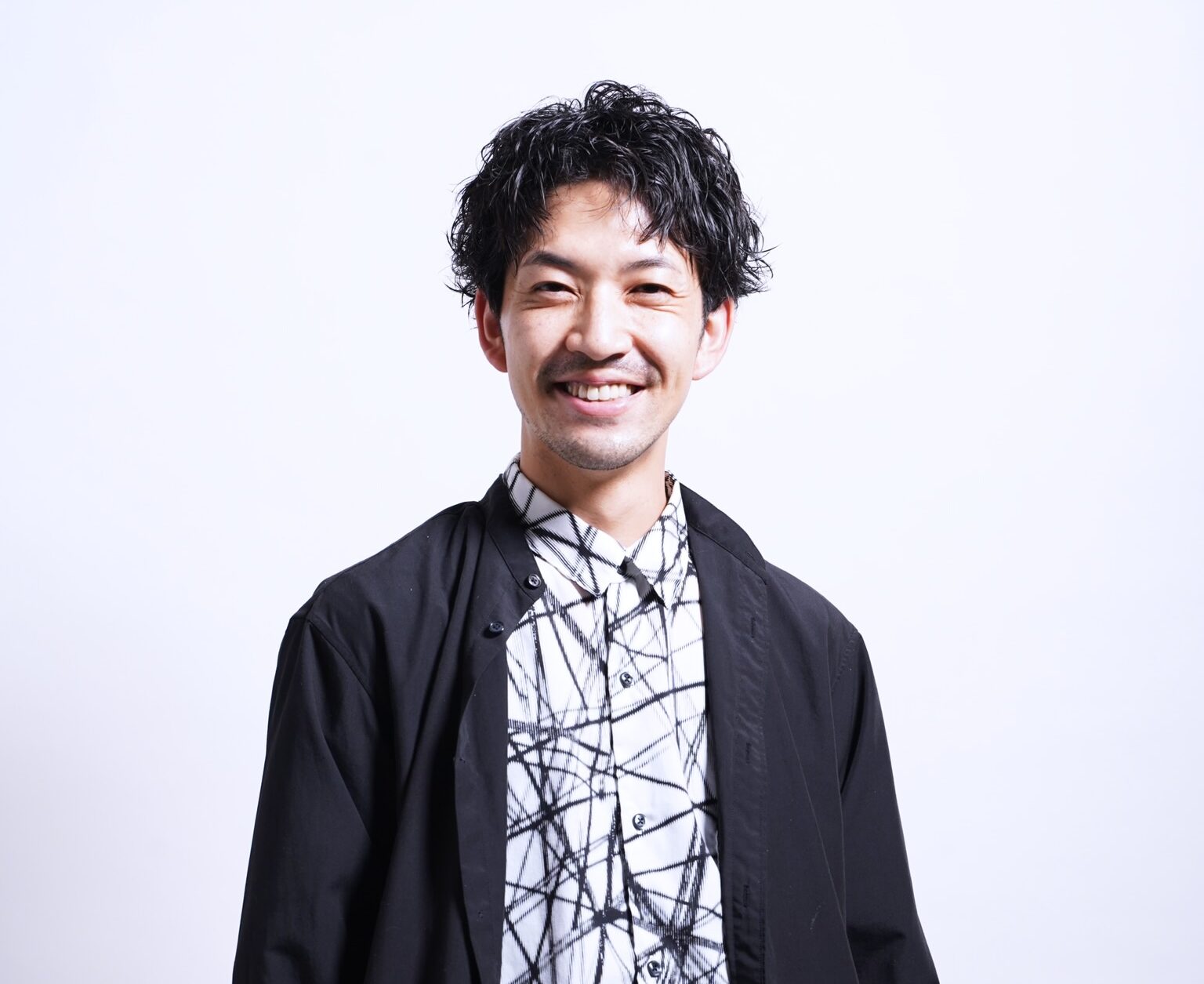──What was your initial impression when you participated in the photo shoot featuring a “disabled kid model” for the first time?
Given our natural engagement with individuals with disabilities, it’s genuinely felt that there’s “no difference” when working with a “disabled kid model.”
Our store attracts a diverse range of children, each with their own characteristics; some are confident while others are shy. Regardless of disability, children can experience fluctuations in mood, with some days being more energetic and others more subdued. In such situations, the presence or absence of a disability doesn’t alter my perception or interaction.
──This time, Sumire, who has Down syndrome, Shuntaro, and Ko, who have autism and mild intellectual disabilities, were chosen as models. Ms. Hiraga participated in the shoot remotely to maintain distance, but how did the children fare?
Right from the start, the shoot unfolded in a warm and enjoyable atmosphere. All three of them displayed a range of expressions and relished their meal, which was heartwarming to witness. It was a delightful experience overall, leaving a positive impression on both our staff and participants.

──What do you expect this photo to achieve in terms of opportunities?
The “Flower Shop Children’s Meal” is a popular spot for elementary and junior high school students from the area, drawing in a lively crowd of youngsters with diverse personalities and backgrounds on weekdays. With such a vibrant atmosphere filled with laughter and energy, it’s clear that the venue holds a special place in the hearts of many children.
After seeing the photos from this session, I believe parents will develop a sense of confidence in the establishment, viewing it as a reliable and welcoming space for their children.
──As a company actively employing individuals with disabilities, what precautions do you take when collaborating?
Initially, when we began hiring individuals with disabilities, I believe we were overly attentive, which disrupted the balance in our workplace. It hindered productivity, prompting me to reassess our approach. I realized that while it’s important to provide support, excessive attention can impede the company’s functioning. Work remains work, irrespective of one’s circumstances.
For instance, our non-disabled staff members also juggle personal responsibilities like parental care and childcare. Everyone faces their own challenges, and it’s crucial to foster an inclusive work environment where everyone feels supported.
Our primary goal is to provide meaningful employment opportunities for individuals with disabilities. Therefore, maintaining a pragmatic perspective, understanding the importance of productivity, and fostering a cohesive work environment are paramount.
──How does LORANS manage its “Flower Shop Children’s Meal” program within the store premises, with everyone tasked with cooking, attending to children, and overseeing operations, especially considering the presence of many staff members with disabilities?
For example, staff with visual impairments inform customers of their condition and politely request assistance with reading if needed. Similarly, those with hearing impairments wear badges on their chests, ensuring smooth communication. The team collaborates, utilizing appropriate tools and applications to assist customers effectively.
Exposure to diverse individuals from a young age fosters understanding and empathy towards disabilities. Hence, we aim to provide such learning opportunities through our flower shop and the “Flower Shop Children’s Meal” program.
Additionally, the bond formed between children visiting our establishment and our staff fosters a sense of family. The presence of children not only boosts the morale of our staff with disabilities but also nurtures a supportive and inclusive ambiance.











